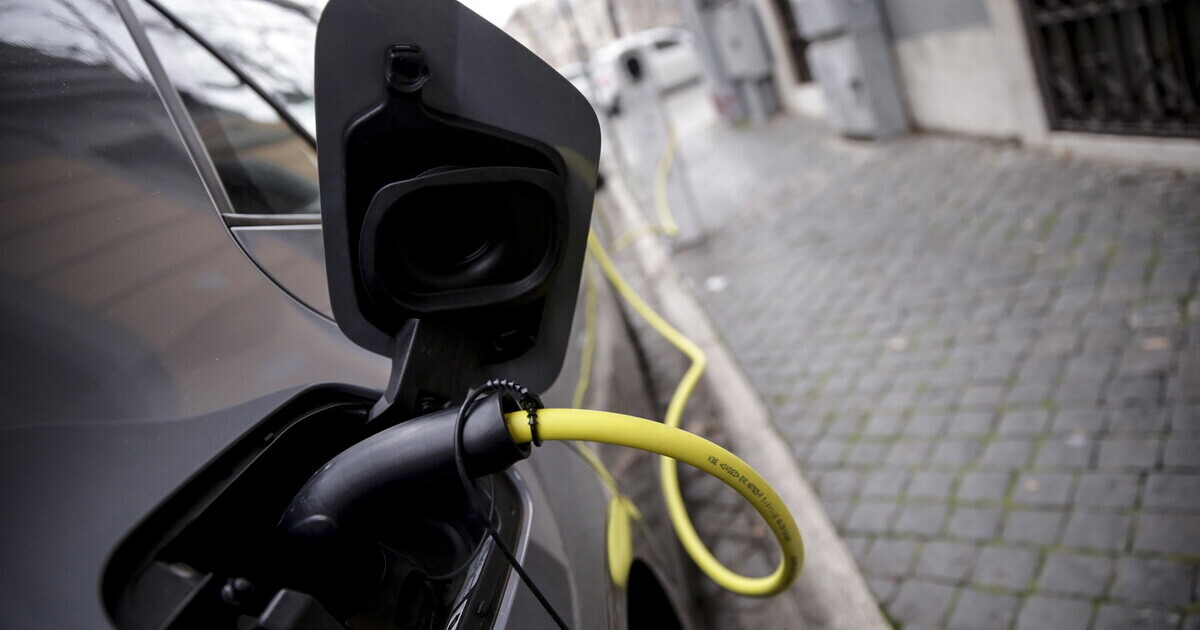With a vote by energy ministers, negotiations over which cars can be sold in the EU from 2035 have ended. Now that the path appears to be traced, there remains more than doubt about the scientific assessments that have guided the committee’s choices so far. Propulsion is centered entirely on the electric motor, even if the internal combustion engine stays on track thanks to the agreement reached with Germany, which has secured the commission’s commitment to formalize an exception for neutral fuels, particularly e-fuels.
The biofuel that Italy was aiming for, which decided to abstain, is still abroad. V says binding David Chiaramonti, Vice-Chancellor of the Polytechnic University of Turin and Professor of Energy and Environmental Systems. He explains that the difference depends on the calculation method used to evaluate the available techniques.
“This does not take into account the entire supply chain, from fuel production to its use in the car and then to greenhouse emissions at the exhaust, but it is a methodology that really points us towards a technical choice: if we only look at what comes out of the tailpipe – nothing, in the case of electricity – Forget about what happened before.” Indeed, according to science, there is no reason to apply an exception for synthetic fuels and leave Italy’s requests. “Advanced biofuels can be nearly as neutral in effect as hydrogen Obtained from renewable electricity“, Confirms binding Valerio Paolini, researcher at the Cnr Institute for Air Pollution.
“They represent a currently available solution that at this point could contribute to decarbonisation, whereas e-fuels – in the current state of knowledge – would have slightly worse global emissions.” The irony is that if the commission’s goal was to electrify mobility, then compromise with Germany would be counterproductive. Unlike that, If a compass of technology neutrality drove Brussels’ choices, excluding biofuels is meaningless.
“Short and medium-range mobility could be powered by batteries or hydrogen – says Paolini – and if that is the goal, I see no reason to maintain e-fuel which can only provide some industries with an excuse to delay the transition.” Not only. As it stands now, synthetic fuels are much less efficient than battery-powered cars because of the electricity needed to produce and then convert the hydrogen. Whereas from an air quality standpoint, they have similar effects to those of fossil fuel equivalents: Synthetic gasoline will have Pm10 emissions equal to those of fossil gasoline.”
However, one fact remains, in no case should it be neglected. Electric vehicles remain a marginal market, despite purchase incentives and political restrictions on production carried over into the industry. “In Italy there will be less than 200,000 electric cars in 2022thus less than 0.4 percent of the fleet is on the road, the second largest fleet in Europe by number of cars,” explains Antonio Sileo, director of the Innov-E Observatory at I-Com and associated Feem researcher.
“If the goal is climate neutrality, then everything that contributes to achieving it must be taken seriously: electric cars, e-fuels as well as advanced biofuels. In any order of priority I will let the market decide which to regulate itself and take into account consumer preferences: the imposition of technology by law is one thing. Impossible and betting on one solution threatens the transition process. Other transmission parts that are difficult to electrify remain outside the regulation approved yesterdaysuch as heavy fuels, marine or atmospheric, to remove carbon in which advanced biofuels play a major role.
However, the Committee should clarify and provide an integrated framework for action. “Manufacturers need a long-term horizon to plan investments and ask for guarantees that these products can also be used for new vehicles. The risk, concludes Sileo, is that in Europe alone there are no conditions for huge investments that would ensure the transition of companies in this sector.”

“Infuriatingly humble alcohol fanatic. Unapologetic beer practitioner. Analyst.”


